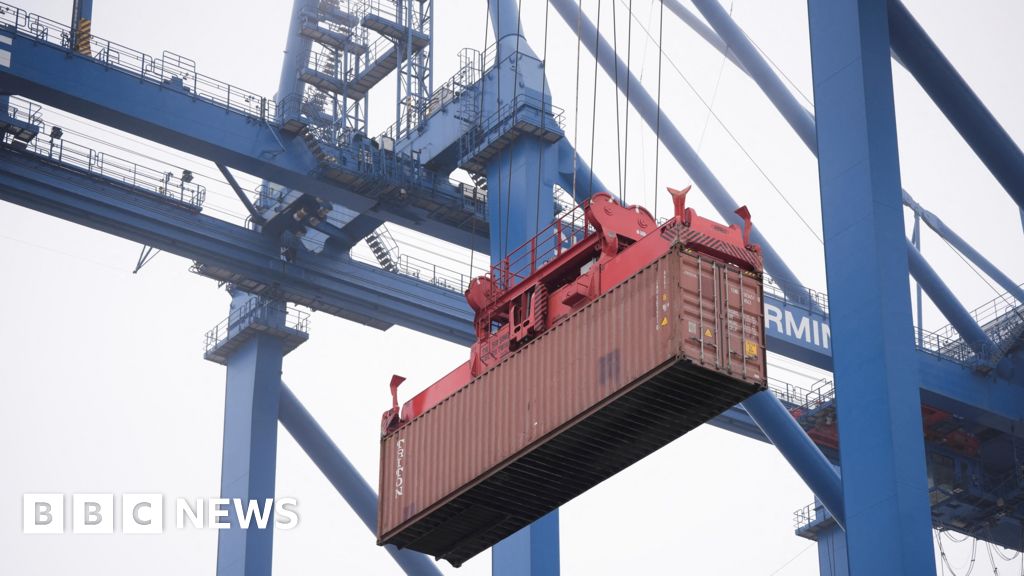ARTICLE AD BOX
By Simon Jack
Business editor
 Image source, Getty Images
Image source, Getty Images
A key financial watchdog has hit back at criticism it is blocking billions of pounds of UK investment by not making the most of post-Brexit freedoms.
Parts of the insurance industry claim UK regulators' caution over how pension savings can be invested will hamper levelling up and net zero ambitions.
It potentially pits the Treasury against the Bank of England, which some fear could harm its independence.
At the heart of the battle are the pension savings of millions of workers.
A senior Bank official said on Friday that while there was an opportunity to change regulation there was also a responsibility to protect savers.
"Following Brexit we have a once-in-a-generation opportunity to re-shape insurance regulation to work better for the UK," said Sam Woods, head of the Prudential Regulation Authority, which is part of the Bank of England.
"We can do this while loosening parts of the regime which were over-calibrated by the EU, and making it easier for insurers to invest in a wider range of assets, but we also need to strengthen it in one area to avoid risks to the millions of current and future pensioners who rely on insurers for their retirement income," he said.
When it was a member of the EU, the UK was bound by pan-European rules, known as Solvency II, on how pension savings could be invested.
The freedom to invest in long-term, illiquid - hard to sell quickly - assets was limited despite the fact that many projects such as wind farms, social housing and toll roads had precisely the kind of returns suitable for long-dated savings plans like pensions.
Insurance companies and the government are keen for these rules to be relaxed, to free-up tens of billions of pounds for investment.
However, the Bank of England's insurance watchdog's primary purpose is to protect the interests of policy holders.
Although the Bank has proposed some loosening of the rules, the insurance companies feel it is being overly conservative, and have appealed to the Treasury and Number 10 to overrule the Bank.
Privately, Bank officials say that there is a "reasonable risk" they will be overruled given the high importance the government has put on its levelling up policy and net zero and the billions that are potentially available.
However, there is no guarantee that investors would put their money into these UK projects.
Regulators think there is every chance that the insurance companies would use any additional money freed up by relaxing the rules to invest abroad, or just return money to their own shareholders, rather than spending it on the government's favourite projects.
The numbers are big. The Bank of England has proposed giving the insurance industry enough firepower to invest an extra £45bn to £90bn.
The industry said it could be double that if the Bank was less cautious.
The EU is also looking at reforming its own rules, and some insurance industry leaders have told the government the UK may end up in a less competitive position.
For most economists, the list of economic wins from Brexit is a short one, but equally for most, these reforms were on that list.
Bank of England officials are aware they are entering a deeply political fight that they may lose.
If that does happen, insiders fear it could signal the start of an erosion of the independence from government the Bank has enjoyed since 1997.
And it's a fight that's entering a critical phase. The consultation between the regulator, the insurance industry and the Treasury finishes on 21 July.

 2 years ago
24
2 years ago
24








 English (US)
English (US)